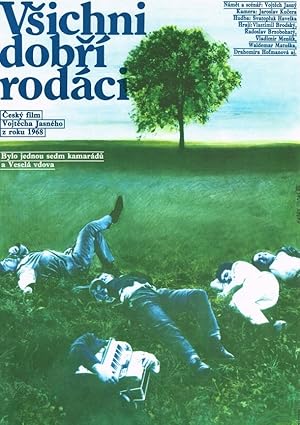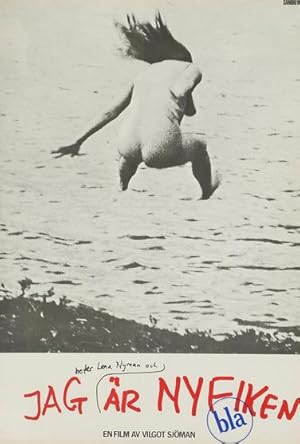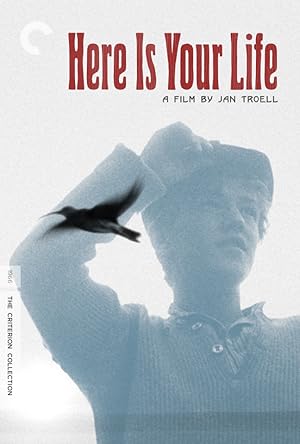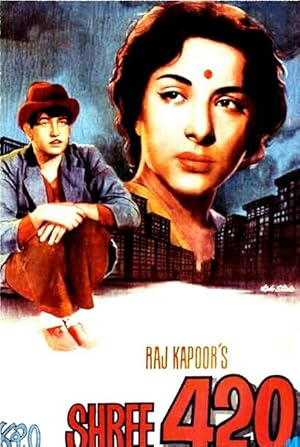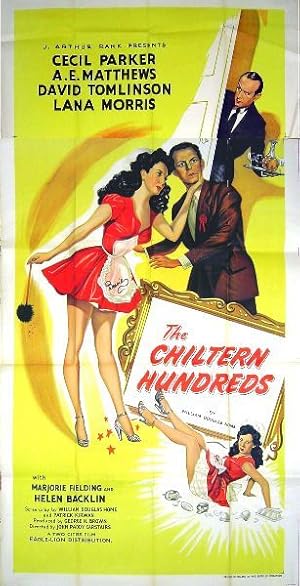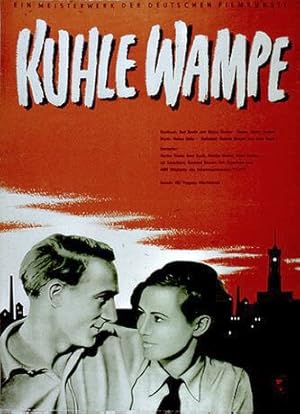Top 100 Socialism movies
You are now browsing page 2, where we continue to showcase even more compelling content linked to "Socialism". If you’ve already sampled a few highlights on previous pages, now is the perfect time to delve deeper into this fascinating keyword. Keep exploring and enrich your understanding!
All My Good Countrymen (1969)
0
The lives of 7 friends in a small Czech town from 1945 to some time after 1958.
I Am Curious (Blue) (1968)
1
The same movie with the same characters, cast and crew as I am Curious (Yellow), but with some different scenes and a different political slant. The political focus in Blue is personal relationships, religion, prisons and sex. Blue omits much of the class consciousness and non-violence interviews of the first version. Yellow and Blue are the colors of the Swedish flag.
Here Is Your Life (1966)
0
A working class teenager comes of age in 1910s rural Sweden, moving through a series of jobs and romances that gradually shape his future.
Shree 420 (1955)
0
The story of a small-town man who comes to make it big in the city, where he is almost instantly relieved of all his possessions. Homeless and penniless, he is taken in by a woman who looks after him.
The Chiltern Hundreds (1949)
0
Young Viscount Tony Pym wangles National Service leave on the pretext of standing as a Tory candidate for a local seat held by his family for generations. The request is a ruse to enable Pym to marry his wealthy American fiancee while she's still in England, but his masterplan backfires when he finds himself swept into an election campaign and beaten by Labour's Mr Cleghorn – who is then made a peer. In an attempt to save face, Pym decides to stand again – as a socialist. It all proves too much for the Pyms' loyal, true-blue butler, Mr Beecham...
Kuhle Wampe or Who Owns the World? (1932)
0
Kuhle Wampe takes place in early-1930s Berlin. The film begins with a montage of newspaper headlines describing steadily-rising unemployment figures. This is followed by scenes of a young man looking for work in the city and the family discussing the unpaid back rent. The young man, brother of the protagonist Anni, removes his wristwatch and throws himself from a window out of despair. Shortly thereafter his family is evicted from their apartment. Now homeless, the family moves into a garden colony of sorts with the name “Kuhle Wampe.”
